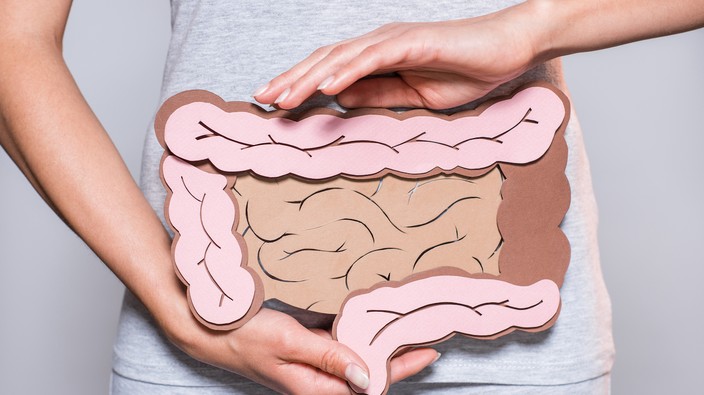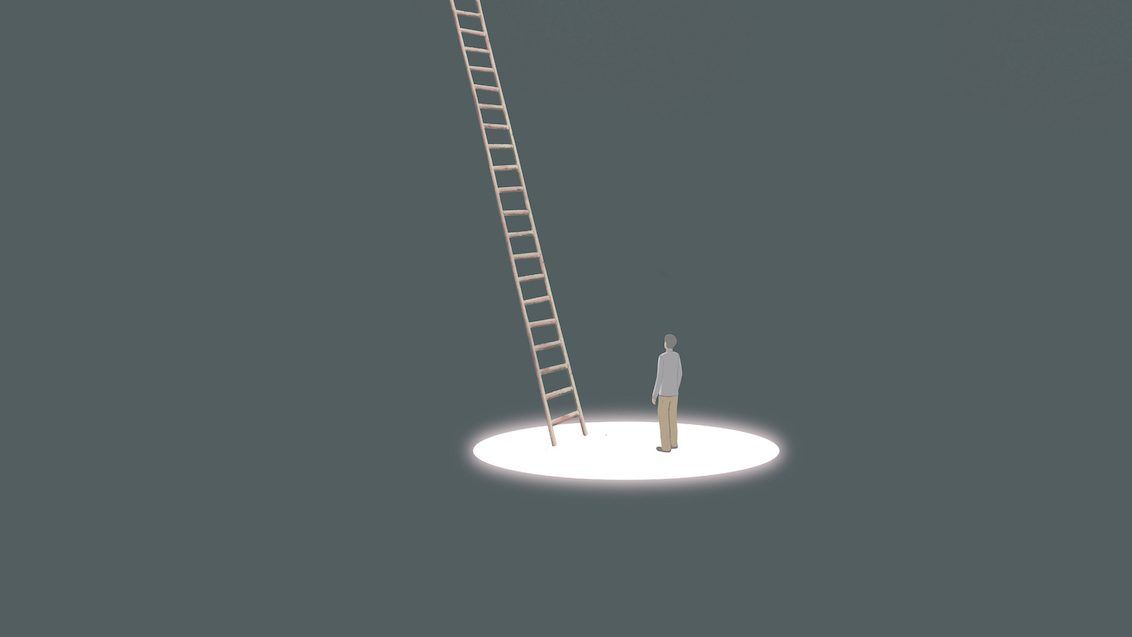colorectal cancer: cancer 'is a complicated disease that chooses its victims at random'
when this b.c. man found out he had colorectal cancer at 77, the possibility of dying never crossed his mind because he believed the early diagnosis gave him an advantage.
we can't prevent aging, but we do have the power to stay healthy for longer
aging is inescapable, but there's no shortage of science-based tools to help promote a healthy lifestyle and maintain good health into old age.
this many hours of sleep can help avoid alzheimer's and anxiety
a recent study found that too little and too much sleep were both associated with cognitive impairment, including lapses in attention, memory and problem-solving skills.
 3 minute read
3 minute read




















